25 Surprising Stocks Raising Dividends for 25 Years or More
There’s never really a bad time to invest in companies that regularly raise dividends year after year.

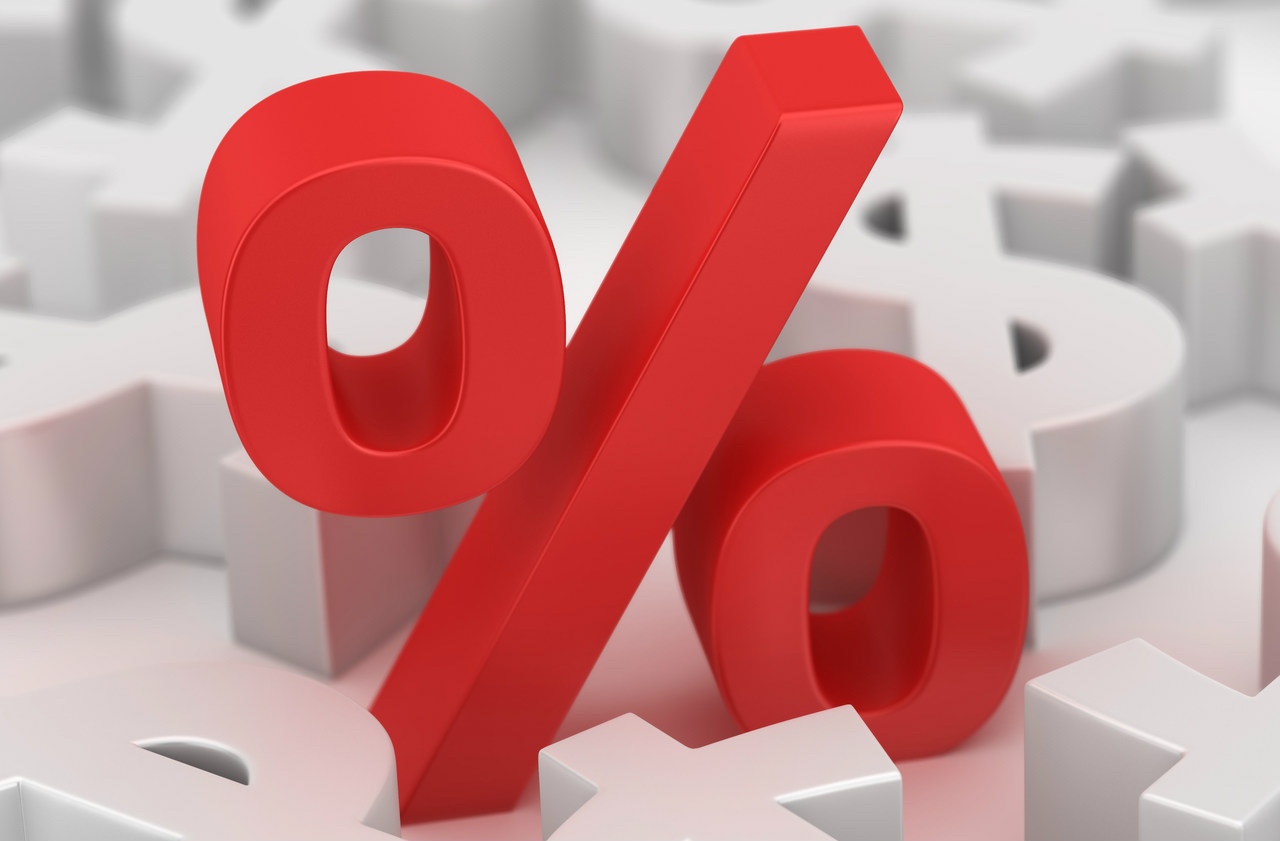
Profit and prosper with the best of Kiplinger's advice on investing, taxes, retirement, personal finance and much more. Delivered daily. Enter your email in the box and click Sign Me Up.
You are now subscribed
Your newsletter sign-up was successful
Want to add more newsletters?

Delivered daily
Kiplinger Today
Profit and prosper with the best of Kiplinger's advice on investing, taxes, retirement, personal finance and much more delivered daily. Smart money moves start here.

Sent five days a week
Kiplinger A Step Ahead
Get practical help to make better financial decisions in your everyday life, from spending to savings on top deals.

Delivered daily
Kiplinger Closing Bell
Get today's biggest financial and investing headlines delivered to your inbox every day the U.S. stock market is open.

Sent twice a week
Kiplinger Adviser Intel
Financial pros across the country share best practices and fresh tactics to preserve and grow your wealth.

Delivered weekly
Kiplinger Tax Tips
Trim your federal and state tax bills with practical tax-planning and tax-cutting strategies.

Sent twice a week
Kiplinger Retirement Tips
Your twice-a-week guide to planning and enjoying a financially secure and richly rewarding retirement

Sent bimonthly.
Kiplinger Adviser Angle
Insights for advisers, wealth managers and other financial professionals.

Sent twice a week
Kiplinger Investing Weekly
Your twice-a-week roundup of promising stocks, funds, companies and industries you should consider, ones you should avoid, and why.

Sent weekly for six weeks
Kiplinger Invest for Retirement
Your step-by-step six-part series on how to invest for retirement, from devising a successful strategy to exactly which investments to choose.
There’s never really a bad time to invest in companies that regularly raise dividends year after year. Reliable dividend growth is a sign of financial strength and a steady source of income in markets both good and bad. According to Richard Turnill, BlackRock’s global chief investment strategist, now is an especially good time to buy as the Federal Reserve continues its campaign to boost interest rates. “[Dividend growers] tend to be more resilient amid rising rates and outperform when rising rates are driven by higher inflation,” he says.
A smart way to identify attractive dividend stocks is to focus on the Dividend Aristocrats, 50 companies in Standard & Poor’s 500-index that have raised dividends for at least 25 years in a row. The biggest Dividend Aristocrats are well known to income investors and feature prominently in many retirement portfolios. (Think AT&T (T), Exxon Mobil (XOM), Procter & Gamble (PG), Coca-Cola (KO) and the like.) However, the smaller Dividend Aristocrats tend to fly under the radar. Take a look at 25 surprising companies whose dividends have increased annually for a quarter-century or more.
(Dividend yields and other figures are as of June 20, 2017. Companies are listed in order of market capitalization—share price times total shares outstanding—starting with the highest. Analysts’ ratings provided by Zacks Investment Research. The list of 50 Dividend Aristocrats is maintained by S&P Dow Jones Indices. Dividend history based on company information and S&P data.)

Sherwin-Williams
- Symbol: SHW
- Share price: $357.96
- 52-week range: $239.48 - $360.58
- Dividend yield: 1.0%
- Market cap: $33 billion
- Analysts’ opinion: 6 strong buy, 0 buy, 4 hold, 1 underperform, 0 sell
While its yield is modest, its track record of annual dividend hikes is anything but. Sherwin-Williams has boosted its dividend every year for 38 straight years. The company recently completed an $11 billion acquisition of Valspar, which expands its business in both North America and overseas and solidifies its position as a global leader in paints and coatings. With the stock trading near its 52-week high, patient income investors might want to wait for a price dip before buying.

Aflac
- Symbol: AFL
- Share price: $78.71
- 52-week range: $66.50 - $79.86
- Dividend yield: 2.2%
- Market cap: $31 billion
- Analysts’ opinion: 2 strong buy, 1 buy, 7 hold, 0 underperform, 1 sell
The insurer, which does business in Japan and the U.S., is better known for its Aflac Duck ad campaigns than for its dividend. And yet, the stock sports a higher yield than the S&P 500 as a whole. Rising rates should help financial results, since insurers earn interest on the premiums they collect before they are paid out in claims. Shareholders should also benefit from the company’s plan to buy back between $1.3 billion and $1.5 billion of its stock in 2017. Aflac has hiked its dividend 34 years in a row.
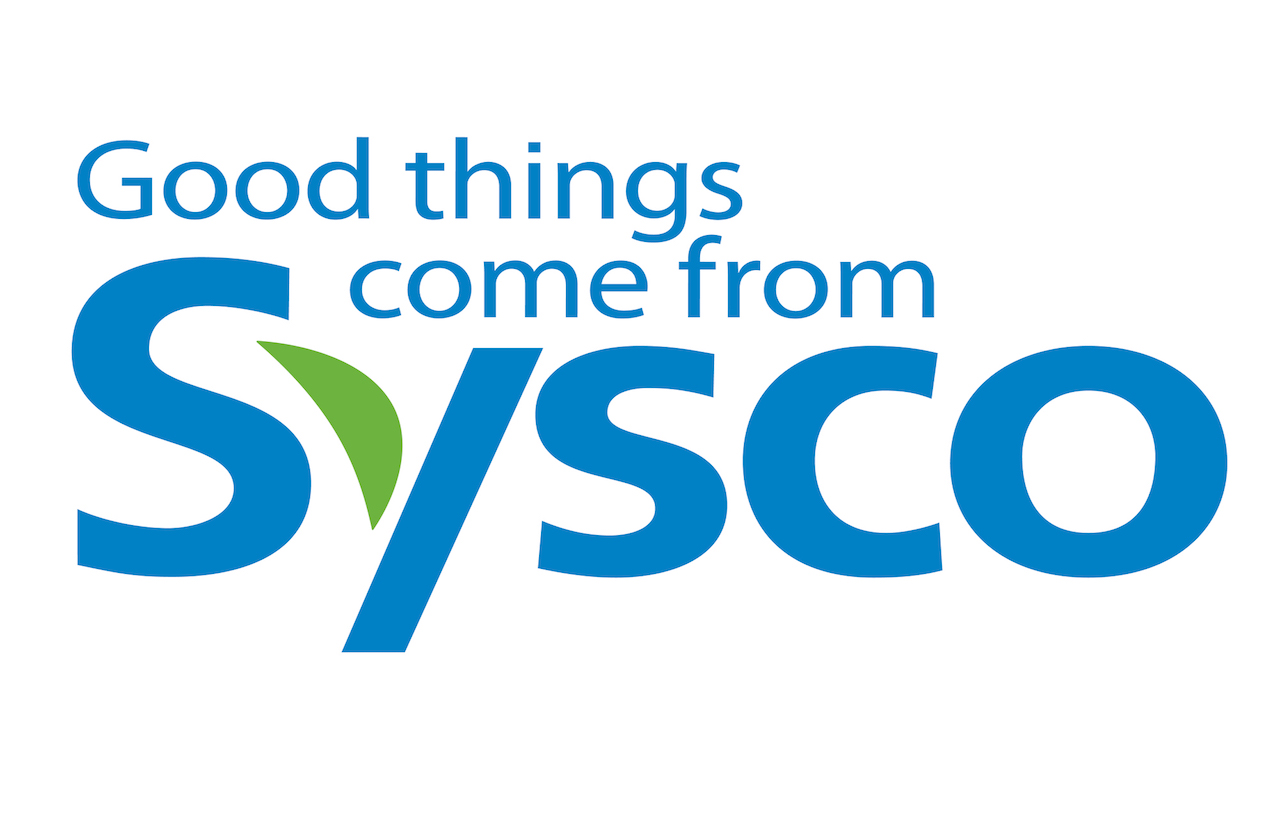
Sysco
- Symbol: SYY
- Share price: $53.86
- 52-week range: $47.15 - $57.07
- Dividend yield: 2.4%
- Market cap: $30 billion
- Analysts’ opinion: 4 strong buy, 0 buy, 5 hold, 0 underperform, 1 sell
Sysco, a food services and restaurant supply company, is ramping up revenues by making acquisitions. The company bought European services and supplies company Brakes Group last year, as well as the Supplies on the Fly e-commerce platform. Sales for the quarter ended April 1 were up 12.7% to $13.5 billion, due in large part to contributions from Brakes Group. Sysco has paid a quarterly dividend every quarter since going public in 1970, and the annual payout has risen every year since 1976.
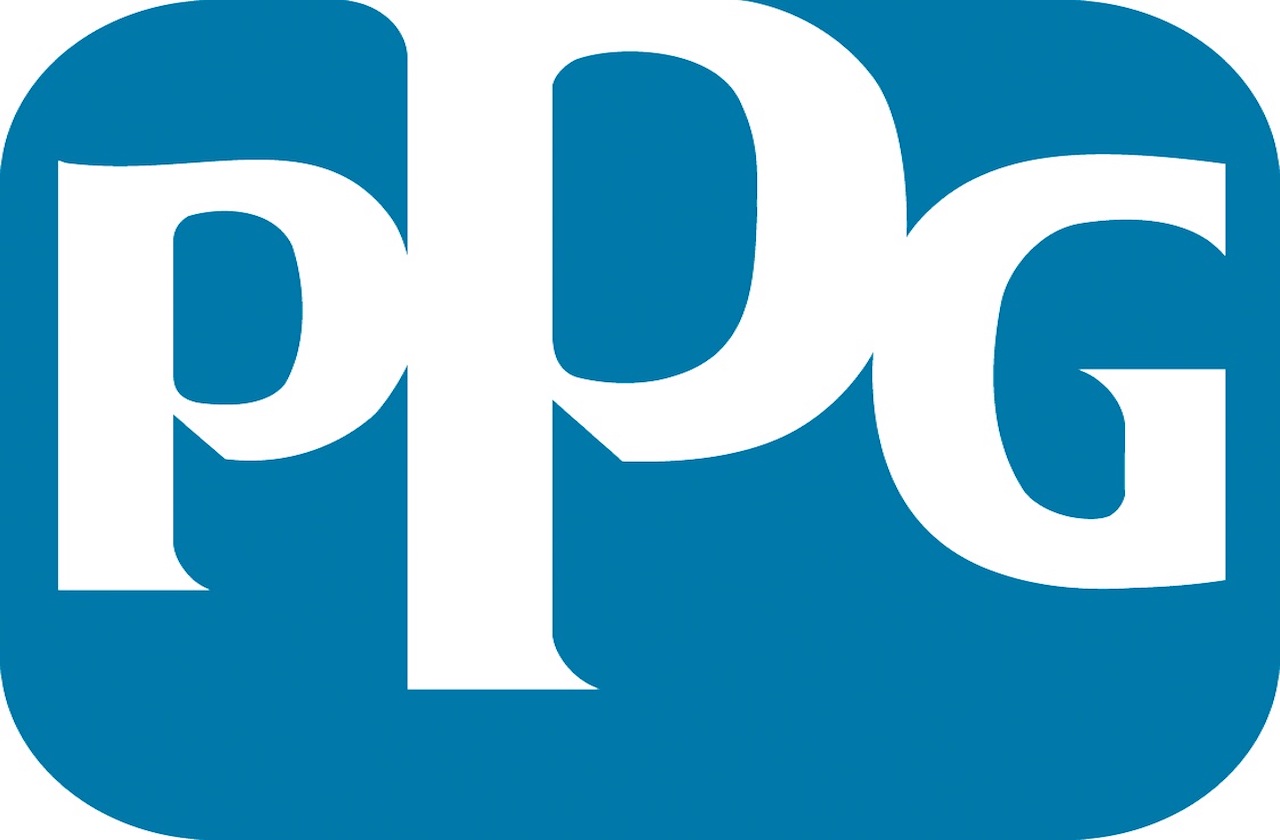
PPG Industries
- Symbol: PPG
- Share price: $110.78
- 52-week range: $89.64 - $113.49
- Dividend yield: 1.5%
- Market cap: $29 billion
- Analysts’ opinion: 11 strong buy, 0 buy, 7 hold, 0 underperform, 0 sell
Paints and coatings company PPG Industries is on the prowl for a big acquisition after Dutch firm Akzo Nobel rejected its $25 billion offer. Potential targets could be closely held Kelly-Moore Paints or Brazil’s Tintas Suvinil, a division of BASF, according to UBS. Either way, the company is under pressure to get bigger after Sherwin-Williams, a fellow Dividend Aristocrat and competitor in the paint business, recently acquired Valspar. PPG has raised its dividend for 45 consecutive years.

Consolidated Edison
- Symbol: ED
- Share price: $84.96
- 52-week range: $68.76 - $85.13
- Dividend yield: 3.3%
- Market cap: $25 billion
- Analysts’ opinion: 1 strong buy, 0 buy, 5 hold, 0 underperform, 3 sell
Utility stocks have long been known as ideal investments for widows and orphans thanks to slow-but-steady growth secured by the near-monopolistic nature of the business. Founded in 1823, Consolidated Edison fits the profile. It provides electric, gas and steam service for the 10 million customers in New York City and Westchester County. ConEd’s dividend has gone up annually for 42 straight years and counting.

Franklin Resources
- Symbol: BEN
- Share price: $44.51
- 52-week range: $30.56 - $45.21
- Dividend yield: 1.8%
- Market cap: $25 billion
- Analysts’ opinion: 2 strong buy, 0 buy, 4 hold, 0 underperform, 1 sell
The name Franklin Resources might not ring a bell with investors, but it should. Along with its subsidiaries, the asset manager is better known by the more familiar name Franklin Templeton Investments, founded in 1947. Today, Franklin Resources and other companies that operate mutual funds have come under pressure because more and more customers are eschewing traditional stock-pickers in favor of indexed investments. Franklin currently has $745 billion in assets under management, down from $764 billion at the end of 2015. On the plus side, the reliable dividend has gone up every year since 1982.
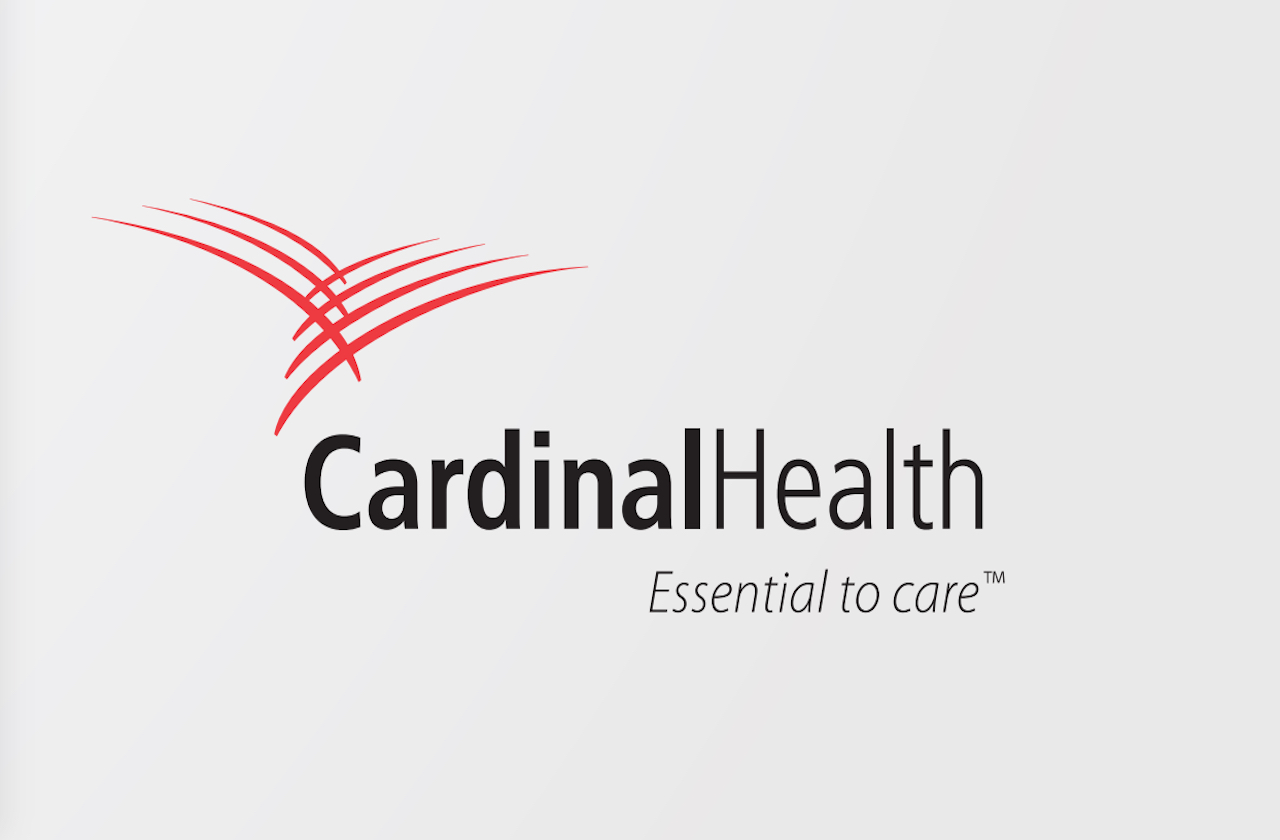
Cardinal Health
- Symbol: CAH
- Share price: $76.31
- 52-week range: $62.70 - $85.52
- Dividend yield: 2.5%
- Market cap: $24 billion
- Analysts’ opinion: 1 strong buy, 0 buy, 11 hold, 0 underperform, 0 sell
Despite pressure from state and federal authorities over its distribution of painkillers, Cardinal Health posted good results for the quarter ended March 31, with sales improving and profits beating analysts’ expectations. Earlier this year, the company agreed to a $20 million settlement with West Virginia over a lawsuit tied to opiate abuse in the state. Last December, it agreed to pay $44 million to the U.S. Department of Justice to settle allegations that it failed to report suspicious drug orders. Easing the pain for shareholders, Cardinal Health has raised its dividend annually for 29 years in a row.

Archer-Daniels-Midland
- Symbol: ADM
- Share price: $41.48
- 52-week range: $39.01 - $47.88
- Dividend yield: 3.1%
- Market cap: $24 billion
- Analysts’ opinion: 1 strong buy, 0 buy, 8 hold, 0 underperform, 1 sell
Archer-Daniels-Midland processes ingredients for food and feed, including corn sweeteners, starches and emulsifiers such as lecithin. It also has a commodities trading business. Following a pattern of growing through acquisitions, in January 2017 ADM bought Crosswind Industries, a company that specializes in pet treats, pet food and related ingredients. It didn’t disclose terms. ADM has increased its payout to shareholders every year for 42 years.
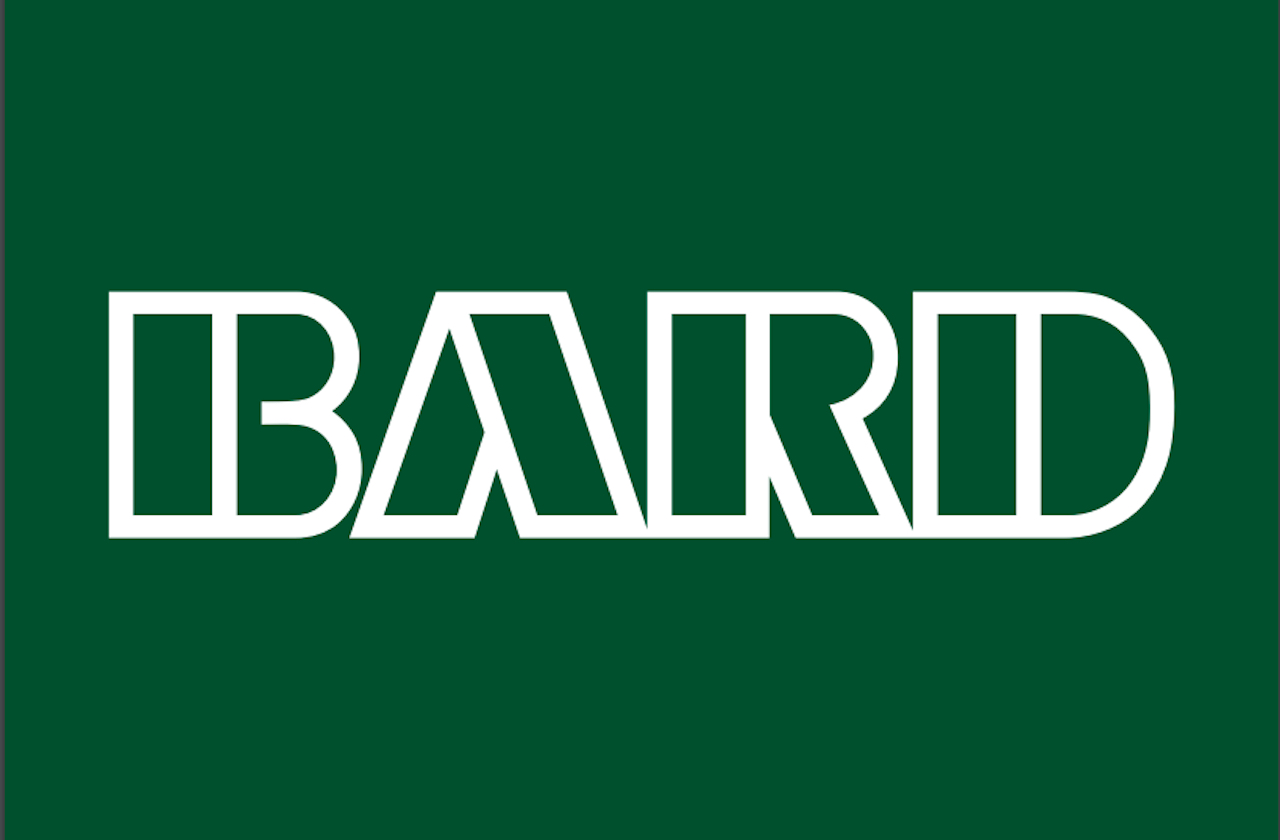
C.R. Bard
- Symbol: BCR
- Share price: $315.58
- 52-week range: $203.63 - $316.80
- Dividend yield: 0.3%
- Market cap: $23 billion
- Analysts’ opinion: 0 strong buy, 0 buy, 14 hold, 0 underperform, 0 sell
Get to know C.R. Bard before it disappears from the list of Dividend Aristocrats. The medical products company agreed in April to be acquired by bigger rival Becton, Dickinson (BDX) for $24 billion. The deal, which is currently undergoing review by regulators, is expected to close in the fall of 2017. Meantime, C.R. Bard is still paying out a dividend that has gone up every year for 46 straight years. Oh, and in case you’re wondering, acquirer Becton, Dickinson is a fellow Dividend Aristocrat with 45 straight years of dividend growth.
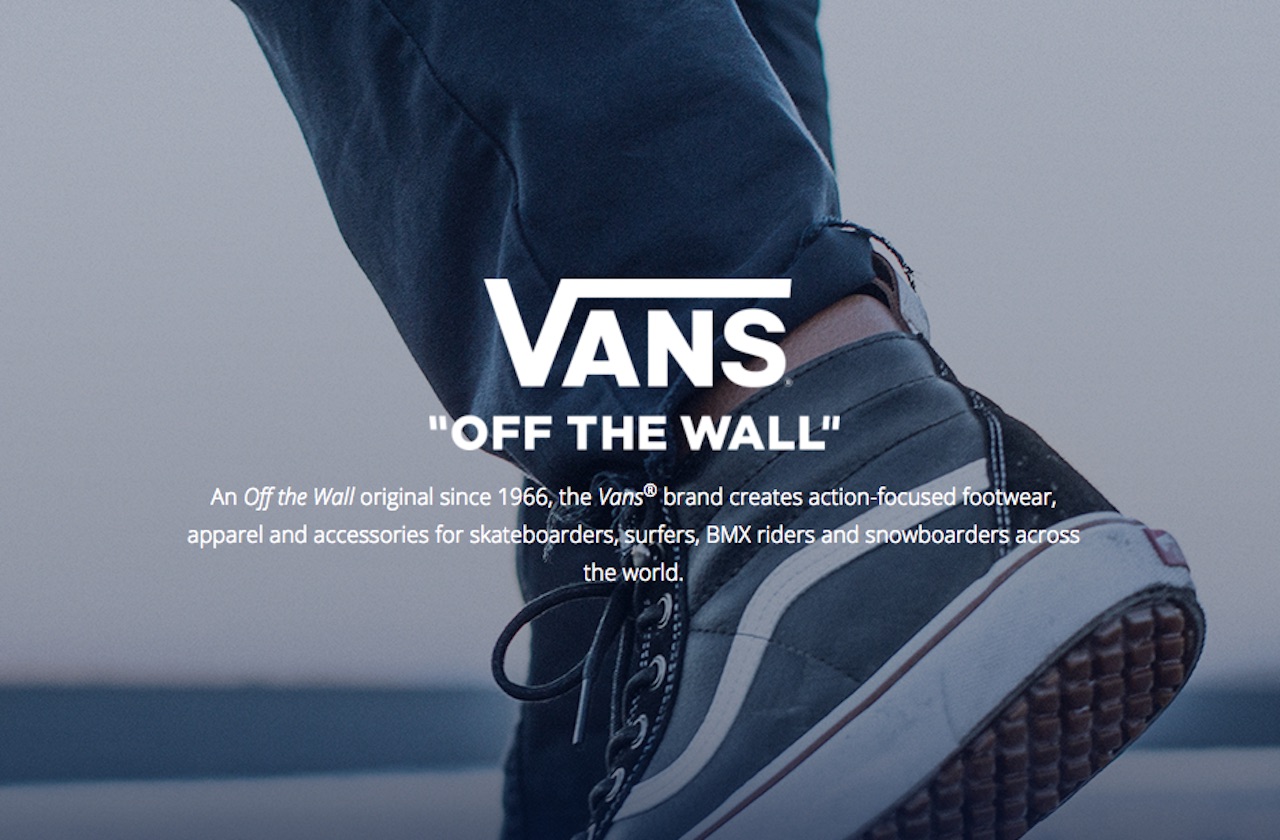
V.F. Corp.
- Symbol: VFC
- Share price: $54.89
- 52-week range: $48.05 - $65.28
- Dividend yield: 3.0%
- Market cap: $23 billion
- Analysts’ opinion: 6 strong buy, 0 buy, 12 hold, 1 underperform, 1 sell
Even if you don’t have the stock in your investment portfolio, you probably have the company’s products in your closet. V.F. Corp. is an apparel maker whose well-known brands include Lee, Wrangler, Nautica, Vans and The North Face. Name recognition aside, the ongoing – and, arguably, accelerating – struggles of bricks-and-mortar retailers is taking a toll on business, with first-quarter profits and revenues declining year over year. What isn’t declining is the dividend growth. V.F. has lifted its annual payout to investors every year for 44 years.

Stanley Black & Decker
- Symbol: SWK
- Share price: $142.89
- 52-week range: $103.86 - $143.84
- Dividend yield: 1.6%
- Market cap: $22 billion
- Analysts’ opinion: 8 strong buy, 0 buy, 7 hold, 0 underperform, 0 sell
Stanley Black & Decker is widely recognized as a maker of tools, but the company also operates diverse businesses ranging from security systems to pipeline services. Management is pursuing a strategy of growth through acquisitions, with a goal of doubling annual sales to $22 billion by 2022. Stanley Black & Decker bought Newell Tools from Newell Brands (NWL) for $2 billion last year, and in January negotiated the purchase of Craftsman tools from Sears Holdings (SHLD) for a total of $775 million over three years and a percentage of annual sales. Stanley, which has paid a dividend since 1877, has lifted its dividend every year since 1968.
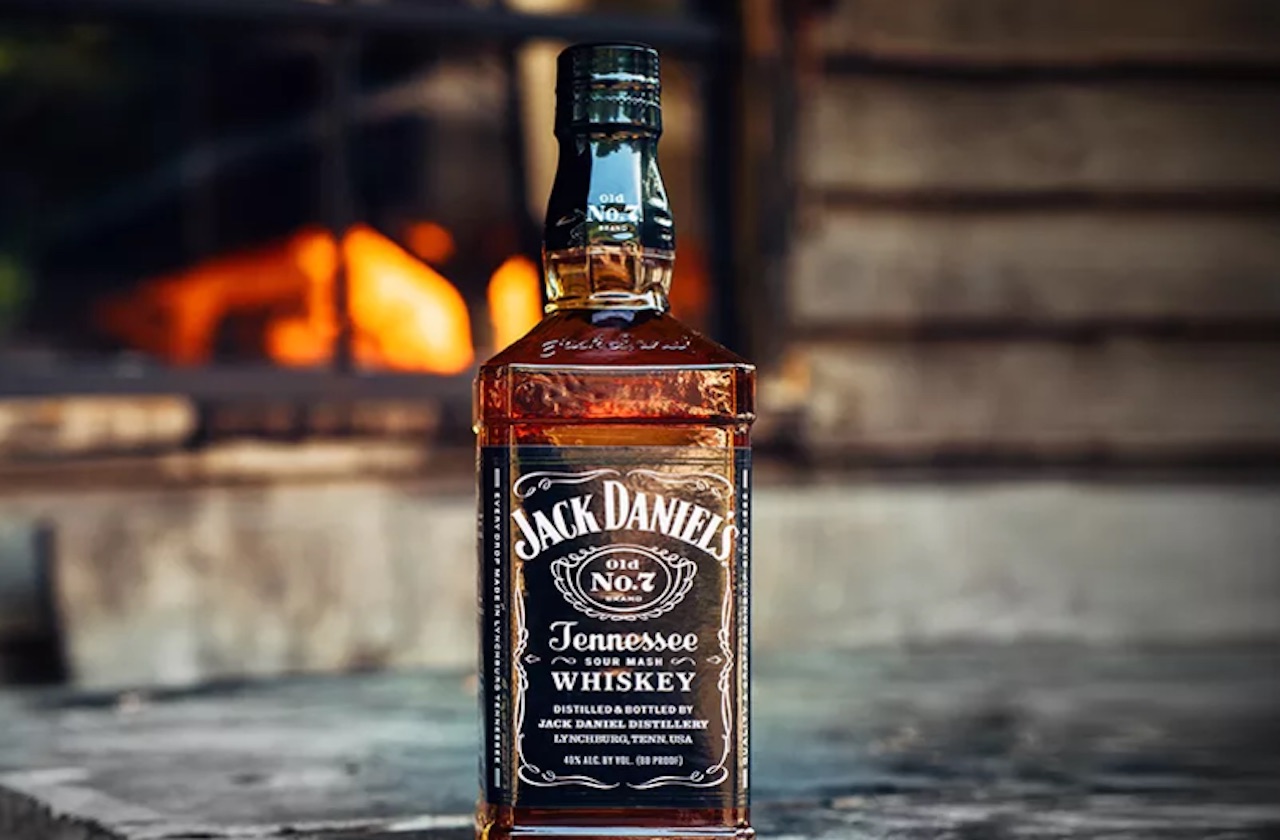
Brown-Forman
- Symbol: BF.B
- Share price: $49.38
- 52-week range: $43.72 - $59.71
- Dividend yield: 1.5%
- Market cap: $19 billion
- Analysts’ opinion: 0 strong buy, 0 buy, 6 hold, 0 underperform, 1 sell
Brown-Forman is one of the largest producers and distributors of alcohol in the world. Jack Daniel’s whiskey and Finlandia vodka are just two of its best-known brands. After the U.S., its biggest markets are the United Kingdom, Australia and Mexico. It’s this international profile that exposes the company to the ill effects of a stronger dollar, since sales made overseas if foreign currencies are worth less when converted into U.S. currency. Sales and profits fell for the fiscal year ended April 30, but management remains upbeat for the current fiscal year. Brown-Forman has boosted its dividend annually for the last 33 years. We'll drink to that.
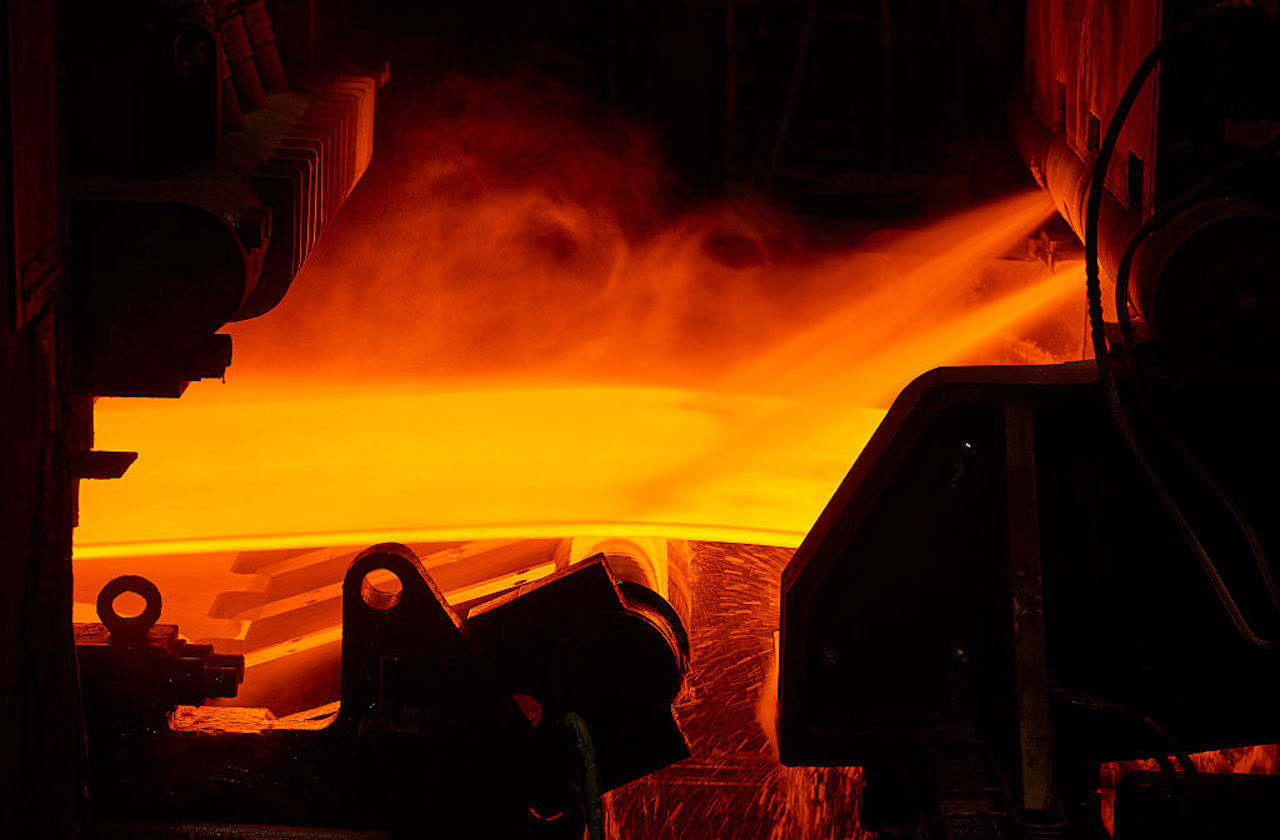
Nucor
- Symbol: NUE
- Share price: $56.13
- 52-week range: $44.81 - $68.00
- Dividend yield: 2.8%
- Market cap: $18 billion
- Analysts’ opinion: 10 strong buy, 0 buy, 3 hold, 0 underperform, 0 sell
Despite a strong rally in the broader stock market, shares of the steelmaker have bounced around in 2017 on worries over steel prices and a global steel glut. On June 15, Nucor warned that its second-quarter profits would come in below first-quarter levels due in part to cheap imports. However, management is holding out hope that the U.S. government will take action to deter foreign dumping and prop up domestic steel prices. Meanwhile, Nucor continues to hike its dividend every year, as it has done since 1974.

Hormel
- Symbol: HRL
- Share price: $33.94
- 52-week range: $32.90 - $40.00
- Dividend yield: 2%
- Market cap: $18 billion
- Analysts’ opinion: 3 strong buy, 0 buy, 5 hold, 0 underperform, 0 sell
Even if you don’t know Hormel, you certainly know its signature product: Spam. But the canned ham is far from the only company offering you’ll find on supermarket shelves. Other products run the gamut from deli meats to canned chili and stew. Zacks recently cautioned investors about the stock due to slumping turkey prices, which have hampered Hormel’s Jennie-O brand. Management expects the oversupply of turkeys to eat into 2017 profits more than expected. Meantime, Hormel continues its streak of annual dividend increases, which currently stands at 51 years in a row and counting.
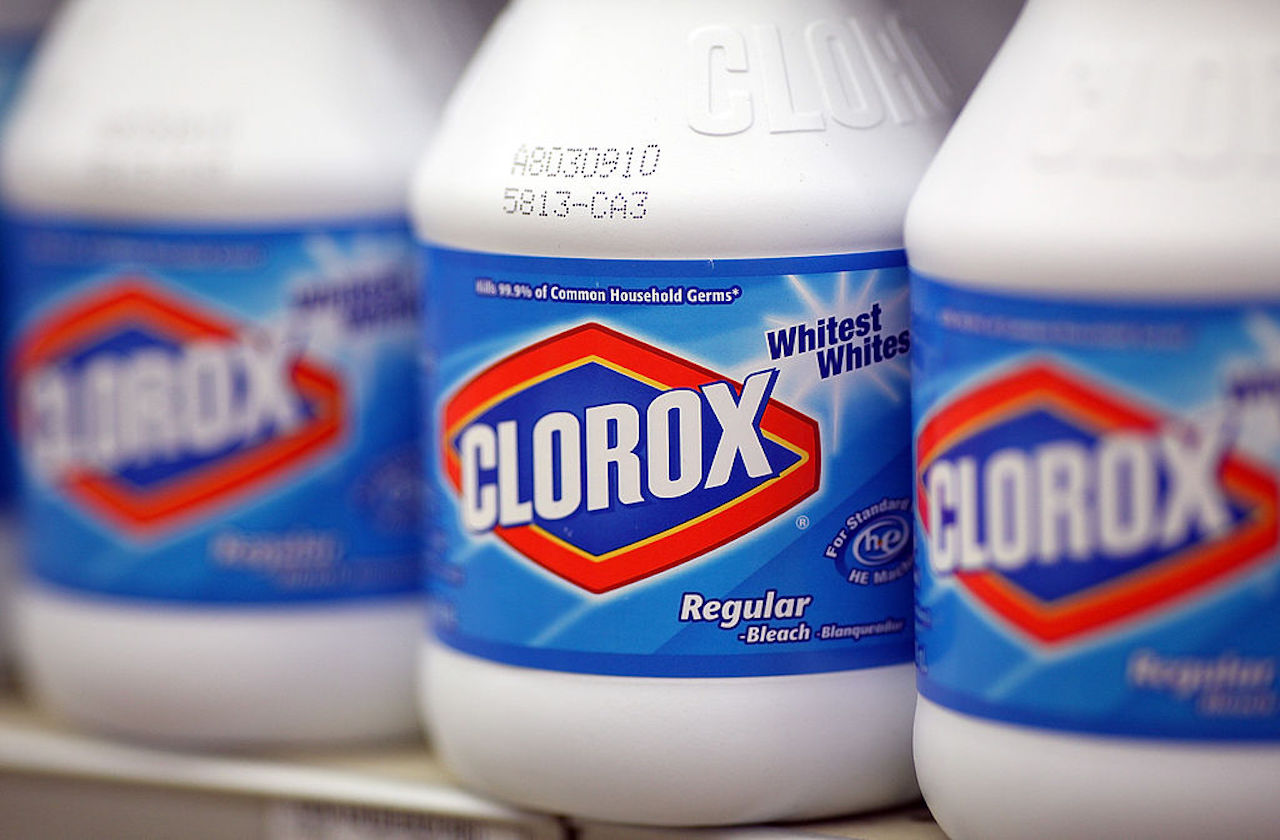
Clorox
- Symbol: CLX
- Share price: $140.12
- 52-week range: $111.24 - $141.76
- Dividend yield: 2.4%
- Market cap: $18 billion
- Analysts’ opinion: 1 strong buy, 0 buy, 10 hold, 1 underperform, 0 sell
Clorox, whose brands include its namesake bleaches, Glad trash bags and Hidden Valley salad dressing, continues to enjoy robust sales and earnings gains in 2017. The upbeat results are being driven in part by new products such as OdorShield trash bags, according to Morningstar, and management expects sales and earnings to stay strong for the rest of the year. Clorox, which boosted its quarterly cash dividend by 5% in May, has raised its dividend annually for 40 consecutive years.
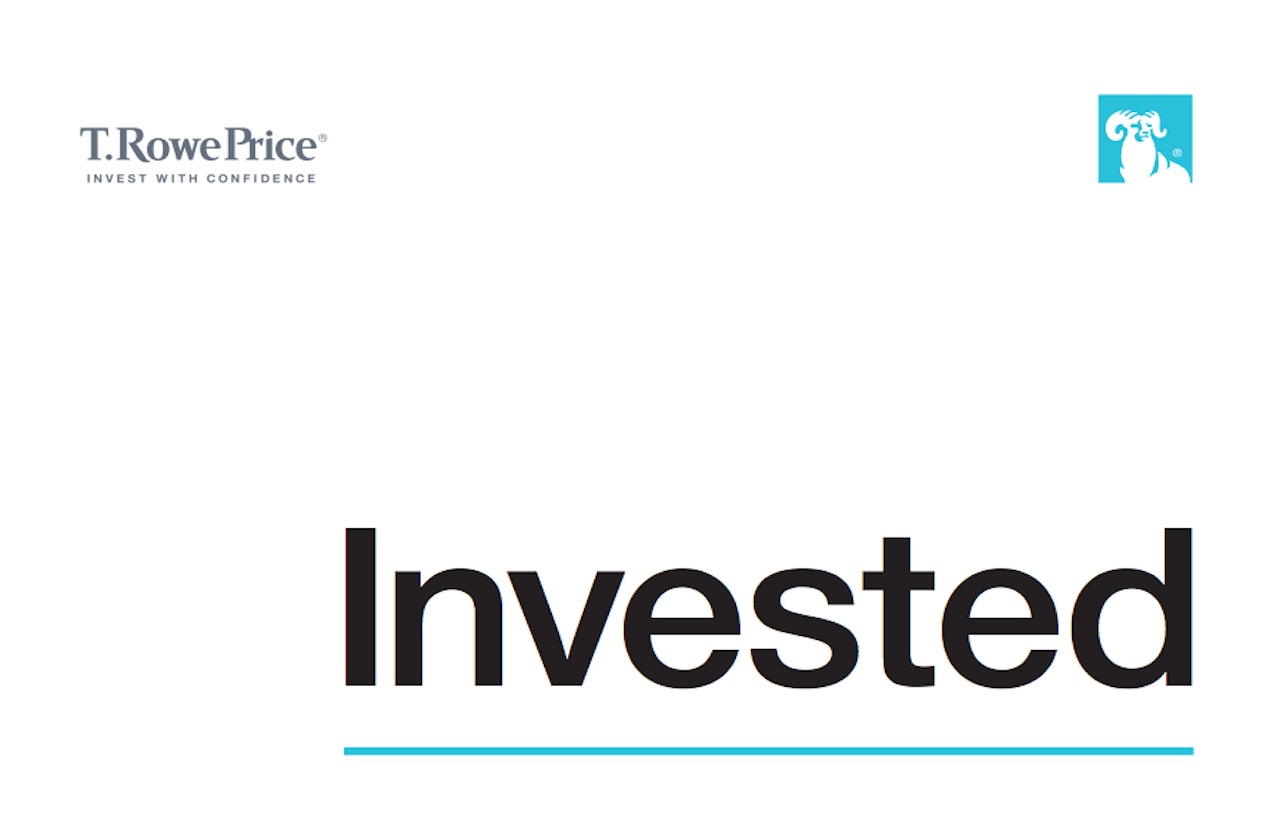
T. Rowe Price
- Symbol: TROW
- Share price: $73.34
- 52-week range: $62.97 - $78.95
- Dividend yield: 3.1%
- Market cap: $18 billion
- Analysts’ opinion: 3 strong buy, 0 buy, 5 hold, 0 underperform, 3 sell
T. Rowe Price faces many of the same challenges as other asset managers; namely, losing market share to indexed funds, particularly the type of low-cost U.S. index funds offered by the likes of Vanguard. The company is managing to offset some of the outflows from its actively managed U.S. funds with more inflows into its international offerings. Rising advisory fees, as well as a strong U.S. stock market that has boosted assets under management, are helping, too. T. Rowe Price has hiked its payout every year for 31 years.
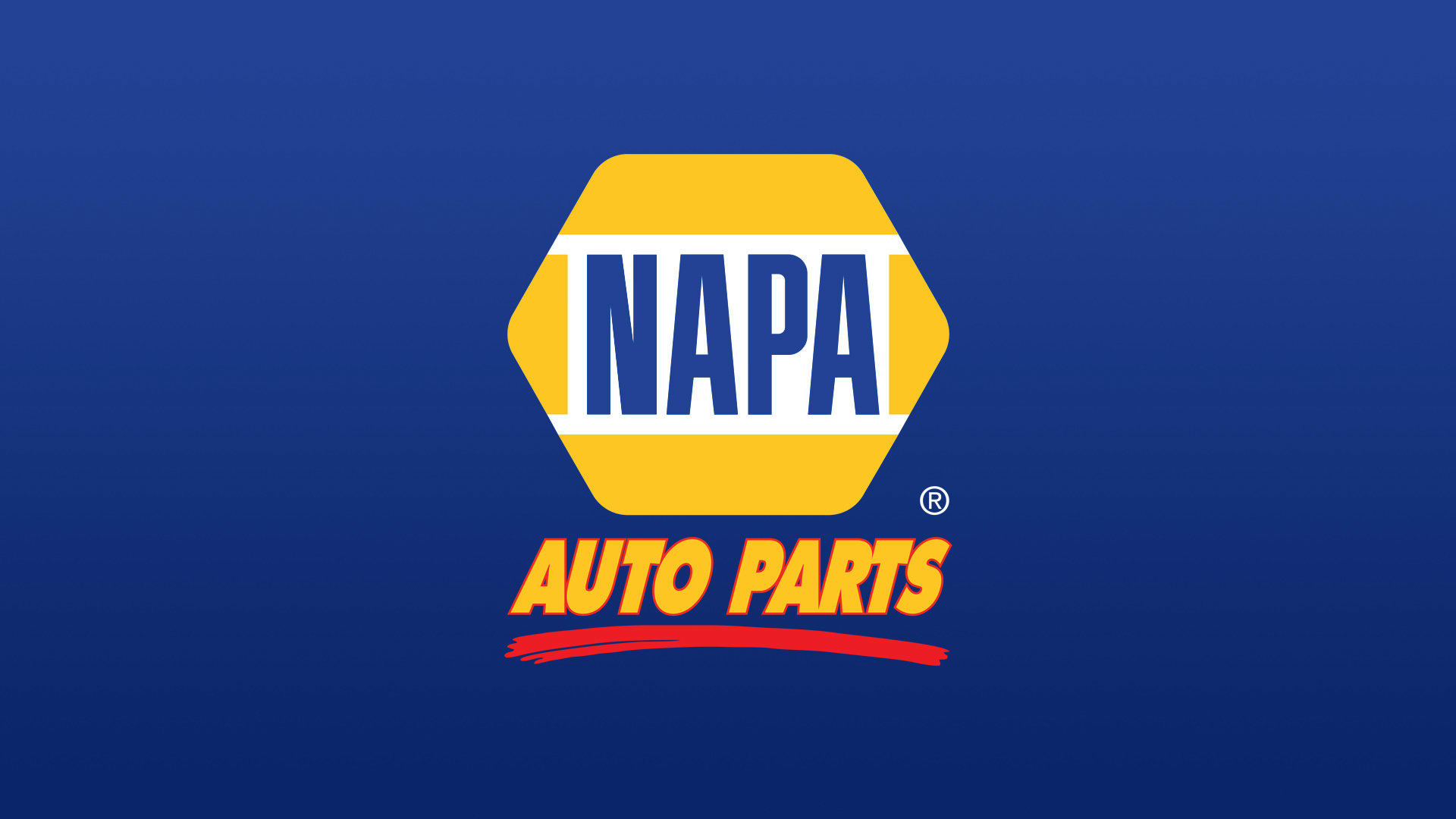
Genuine Parts
- Symbol: GPC
- Share price: $91.27
- 52-week range: $86.61 - $105.97
- Dividend yield: 2.8%
- Market cap: $14 billion
- Analysts’ opinion: 1 strong buy, 0 buy, 6 hold, 1 underperform, 0 sell
The company is best known for its NAPA Auto Parts chain, which has 6,000 locations in the U.S., but Genuine Parts also makes industrial replacement parts, office products and electrical materials. The business diversity can help fuel growth. In October, it bought Braas Company, a distributor of products and services for industrial automation and control. The deal is expected to generate an extra $90 million a year in sales. A long-time dividend machine, Genuine Parts has bumped up its dividend annually for 61 years in a row.
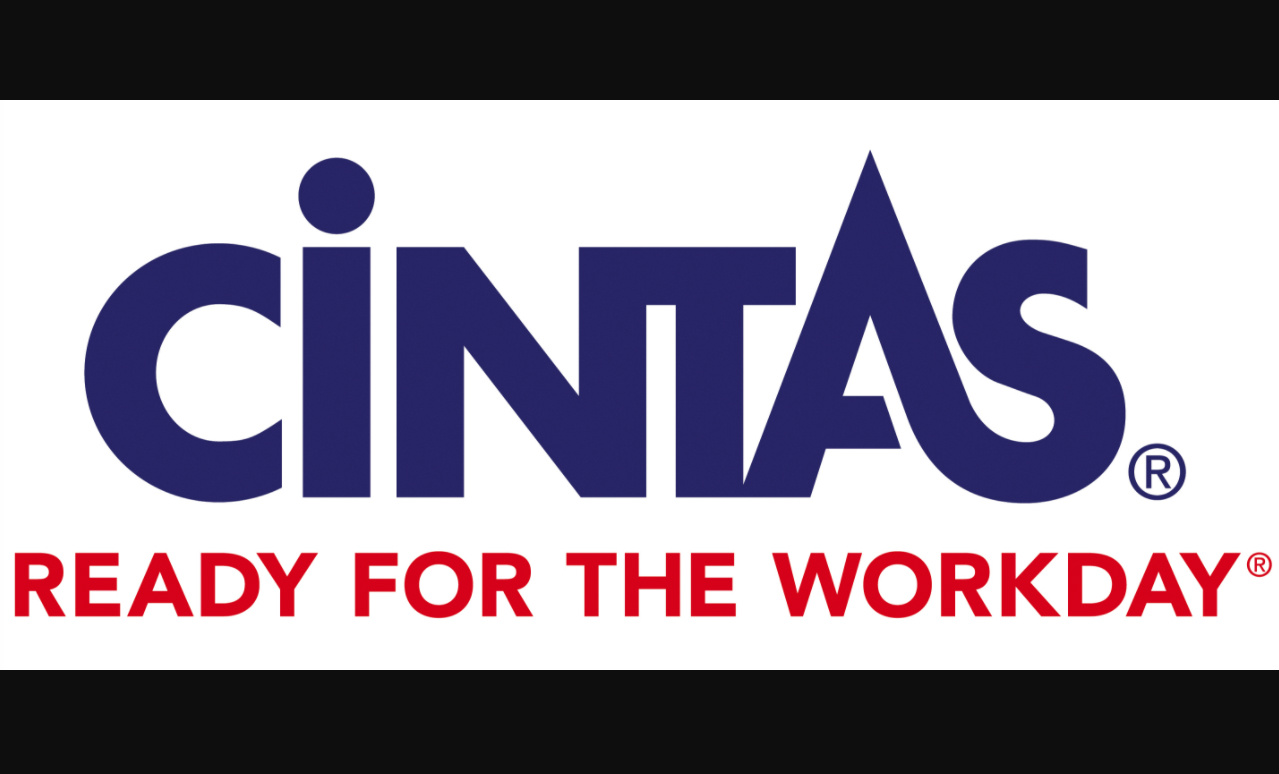
Cintas
- Symbol: CTAS
- Share price: $130.07
- 52-week range: $91.24 - $131.41
- Dividend yield: 1.0%
- Market cap: $14 billion
- Analysts’ opinion: 6 strong buy, 0 buy, 4 hold, 0 underperform, 1 sell
Cintas’s business isn’t flashy, but it is a necessity for its customers. The company provides corporate clients primarily in the foodservice, hospitality, automotive and health care industries with uniforms, safety equipment and restroom supplies. Cintas solidified itself as a leader in the space with its $2.2 billion acquisition of rival G&K Services. The deal, which closed in March, gained Cintas an additional 170,000 customers and nearly $1 billion in annual revenues. Since going public in 1983, Cintas has raised its payout to investors every single year.

Dover
- Symbol: DOV
- Share price: $80.95
- 52-week range: $63.93 - $84.40
- Dividend yield: 2.1%
- Market cap: $13 billion
- Analysts’ opinion: 4 strong buy, 1 buy, 8 hold, 0 underperform, 0 sell
The global manufacturer operates in four industries: energy, fluids, engineered systems and refrigeration equipment. You might have fueled up your car from one of its gas pumps or bought groceries from one of its refrigerated display cases. Since Dover sells to customers worldwide, unfavorable foreign exchange rates have hurt sales of late. A strong dollar means sales made overseas lose value when converted back into U.S. currency. But that hasn’t stopped the company from maintaining it focus on dividend growth. Dover has recorded 61 straight years of dividend increases.

McCormick & Co.
- Symbol: MKC
- Share price: $101.10
- 52-week range: $88.64 - $107.84
- Dividend yield: 1.9%
- Market cap: $13 billion
- Analysts’ opinion: 1 strong buy, 0 buy, 7 hold, 0 underperform, 0 sell
McCormick makes the flavoring staples found in many American kitchens, from its extensive line of namesake spices to Lawry’s seasoned salt and Old Bay seasoning. It also markets lesser-known spice blends for making Asian, Latin and other cuisines to home cooks and restaurant chefs worldwide. Business is off to a good start in 2017, with first-quarter profits topping analysts’ expectations. McCormick’s history of paying dividends dates back 93 years, and its track record of raising its dividend annually dates back 31 years.
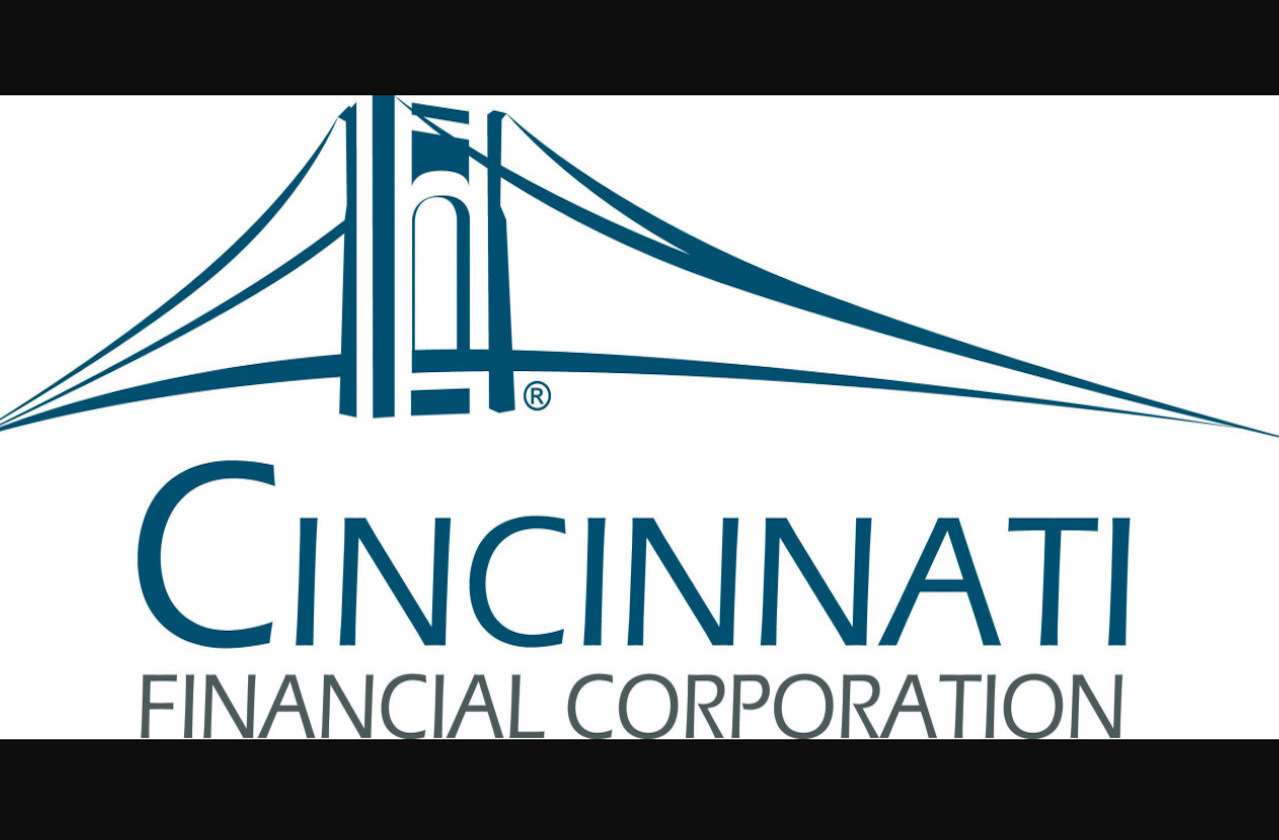
Cincinnati Financial
- Symbol: CINF
- Share price: $72.38
- 52-week range: $68.11 - $79.60
- Dividend yield: 2.7%
- Market cap: $12 billion
- Analysts’ opinion: 0 strong buy, 0 buy, 1 hold, 0 underperform, 1 sell
Cincinnati Financial’s stock performance has gotten off to a disappointing start to 2017. The share price is down 3% year to date, even as Standard & Poor’s 500-stock index is up 9%. Widespread storms in the South and Midwest hurt first-quarter profits at the property and casualty insurer. But short-term operating setbacks didn’t hurt the company’s reliable dividend. Cincinnati Financial has lifted its cash payout annually for 56 years and counting.
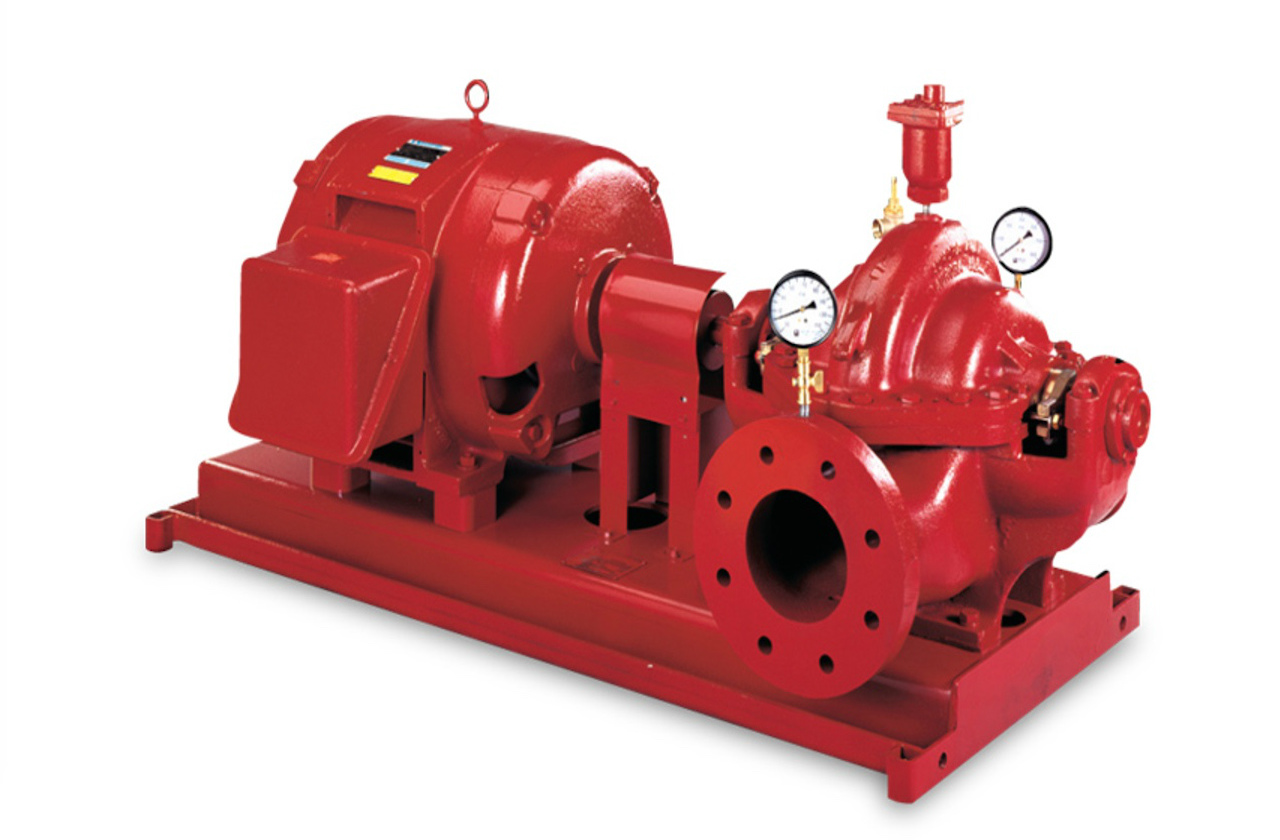
Pentair
- Symbol: PNR
- Share price: $66.49
- 52-week range: $53.80 - $69.03
- Dividend yield: 2.1%
- Market cap: $12 billion
- Analysts’ opinion: 3 strong buy, 0 buy, 9 hold, 1 underperform, 1 sell
Dividend investors will want to keep an eye on all the changes afoot at Pentair. The diversified industrial manufacturer sold its valves and controls business to Emerson Electric (EMR) in April for more than $3 billion. Soon after, management announced plans to split Pentair into two separate companies by the second quarter of 2018. One company will focus on water operations and the other on electrical technology. Quarterly payouts will continue in the meantime, though the dividend will be re-evaluated once the split is completed. Pentair has raised its dividend every year for 41 consecutive years.
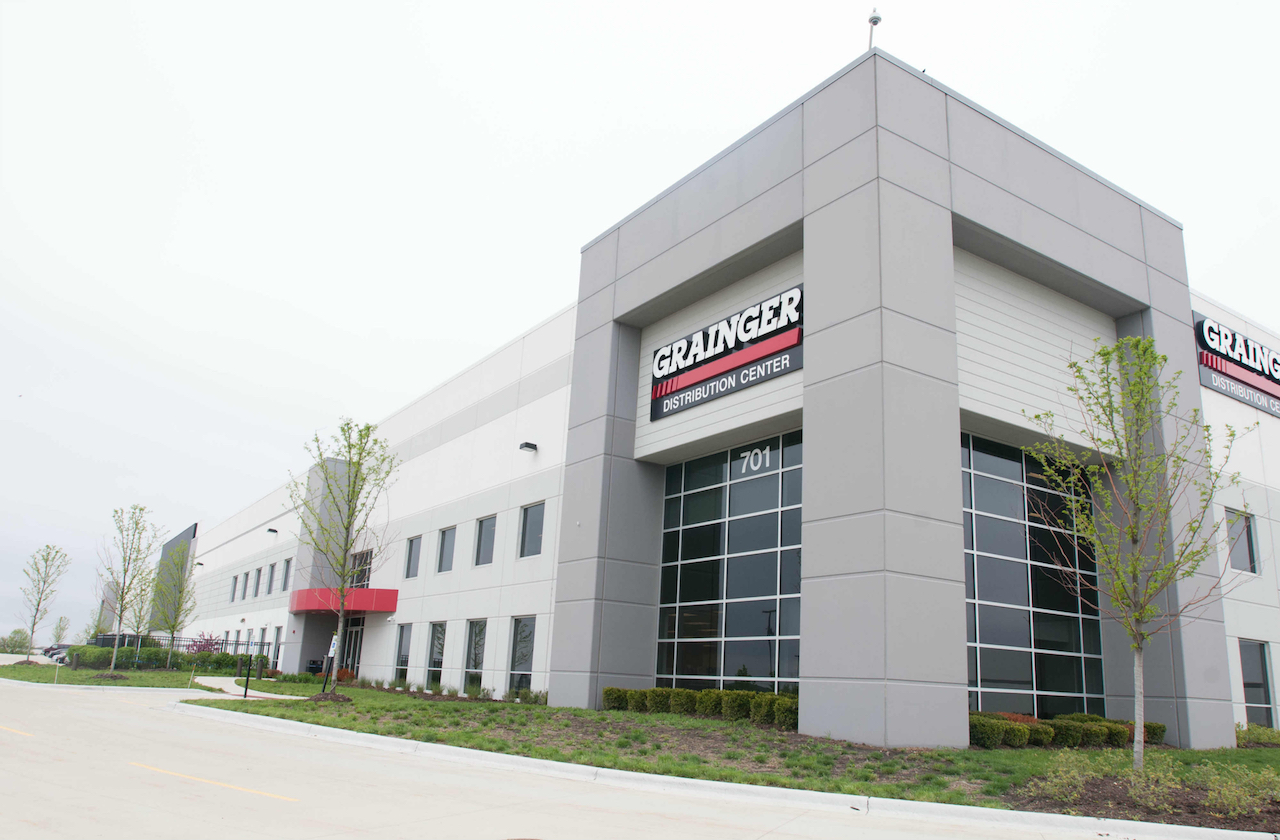
W.W. Grainger
- Symbol: GWW
- Share price: $174.66
- 52-week range: $168.58 - $262.71
- Dividend yield: 2.8%
- Market cap: $10 billion
- Analysts’ opinion: 1 strong buy, 0 buy, 10 hold, 0 underperform, 3 sell
W.W. Grainger sells all manner of equipment and supplies to industrial customers. Its product catalog is more than 3,000 pages. But looming online competition from (who else?) Amazon.com (AMZN) has investors nervous and has forced the company to trim prices to stay competitive. First-quarter profits failed to beat analysts' earnings estimates in April, and management warned investors that sales will improve more slowly this year than previously thought. The share price has been falling ever since and is currently one-third below its 52-week high. W.W. Grainger has boosted its annual dividend payout every year for 46 straight years.

Federal Realty Investment Trust
- Symbol: FRT
- Share price: $123.84
- 52-week range: $120.50 - $171.08
- Dividend yield: 3.1%
- Market cap: $9 billion
- Analysts’ opinion: 6 strong buy, 0 buy, 7 hold, 0 underperform, 0 sell
Federal Realty Investment Trust is a real estate investment trust that specializes in leasing space to retailers. Its biggest tenants include Ahold, a supermarket operator, discounter TJX Cos. (TJX) and apparel seller The Gap (GPS). And while bricks-and-mortar retail is a shaky industry at the moment, Federal Realty diversifies its risk by leasing to non-retail tenants such as gyms and movie theaters. Since REITs are required to pay out most of their earnings as dividends in exchange for certain tax benefits, they are a go-to source for income. No REIT has been steadier than Federal Realty, which has lifted its payout annually for 49 years in a row.

Leggett & Platt
- Symbol: LEG
- Share price: $52.97
- 52-week range: $44.02 - $54.97
- Dividend yield: 2.7%
- Market cap: $7 billion
- Analysts’ opinion: 2 strong buy, 0 buy, 3 hold, 0 underperform, 0 sell
Leggett & Platt makes components for manufacturers of upholstered furniture, beds and other home furnishings. It’s not a particularly famous name or a particularly glamorous business, but the stock has been a star for long-term shareholders. Shares have more than doubled the return of the S&P 500 over the past 10 years. Leggett & Platt has increased its dividend payout every year for 46 consecutive years. According to the company, dividends rose at a compound annual rate of 13% over that period.
Profit and prosper with the best of Kiplinger's advice on investing, taxes, retirement, personal finance and much more. Delivered daily. Enter your email in the box and click Sign Me Up.

Dan Burrows is Kiplinger's senior investing writer, having joined the publication full time in 2016.
A long-time financial journalist, Dan is a veteran of MarketWatch, CBS MoneyWatch, SmartMoney, InvestorPlace, DailyFinance and other tier 1 national publications. He has written for The Wall Street Journal, Bloomberg and Consumer Reports and his stories have appeared in the New York Daily News, the San Jose Mercury News and Investor's Business Daily, among many other outlets. As a senior writer at AOL's DailyFinance, Dan reported market news from the floor of the New York Stock Exchange.
Once upon a time – before his days as a financial reporter and assistant financial editor at legendary fashion trade paper Women's Wear Daily – Dan worked for Spy magazine, scribbled away at Time Inc. and contributed to Maxim magazine back when lad mags were a thing. He's also written for Esquire magazine's Dubious Achievements Awards.
In his current role at Kiplinger, Dan writes about markets and macroeconomics.
Dan holds a bachelor's degree from Oberlin College and a master's degree from Columbia University.
Disclosure: Dan does not trade individual stocks or securities. He is eternally long the U.S equity market, primarily through tax-advantaged accounts.
-
 Nasdaq Leads a Rocky Risk-On Rally: Stock Market Today
Nasdaq Leads a Rocky Risk-On Rally: Stock Market TodayAnother worrying bout of late-session weakness couldn't take down the main equity indexes on Wednesday.
-
 Quiz: Do You Know How to Avoid the "Medigap Trap?"
Quiz: Do You Know How to Avoid the "Medigap Trap?"Quiz Test your basic knowledge of the "Medigap Trap" in our quick quiz.
-
 5 Top Tax-Efficient Mutual Funds for Smarter Investing
5 Top Tax-Efficient Mutual Funds for Smarter InvestingMutual funds are many things, but "tax-friendly" usually isn't one of them. These are the exceptions.
-
 Big Change Coming to the Federal Reserve
Big Change Coming to the Federal ReserveThe Lette A new chairman of the Federal Reserve has been named. What will this mean for the economy?
-
 Job Growth Sizzled to Start the Year. Here's Why It's Unlikely to Impact Interest Rates
Job Growth Sizzled to Start the Year. Here's Why It's Unlikely to Impact Interest RatesThe January jobs report came in much stronger than expected and the unemployment rate ticked lower to start 2026, easing worries about a slowing labor market.
-
 Why the Next Fed Chair Decision May Be the Most Consequential in Decades
Why the Next Fed Chair Decision May Be the Most Consequential in DecadesKevin Warsh, Trump's Federal Reserve chair nominee, faces a delicate balancing act, both political and economic.
-
 The New Fed Chair Was Announced: What You Need to Know
The New Fed Chair Was Announced: What You Need to KnowPresident Donald Trump announced Kevin Warsh as his selection for the next chair of the Federal Reserve, who will replace Jerome Powell.
-
 January Fed Meeting: Updates and Commentary
January Fed Meeting: Updates and CommentaryThe January Fed meeting marked the first central bank gathering of 2026, with Fed Chair Powell & Co. voting to keep interest rates unchanged.
-
 The December CPI Report Is Out. Here's What It Means for the Fed's Next Move
The December CPI Report Is Out. Here's What It Means for the Fed's Next MoveThe December CPI report came in lighter than expected, but housing costs remain an overhang.
-
 How Worried Should Investors Be About a Jerome Powell Investigation?
How Worried Should Investors Be About a Jerome Powell Investigation?The Justice Department served subpoenas on the Fed about a project to remodel the central bank's historic buildings.
-
 The December Jobs Report Is Out. Here's What It Means for the Next Fed Meeting
The December Jobs Report Is Out. Here's What It Means for the Next Fed MeetingThe December jobs report signaled a sluggish labor market, but it's not weak enough for the Fed to cut rates later this month.
